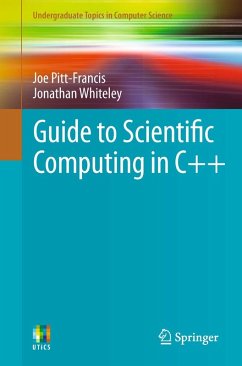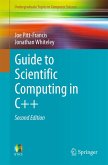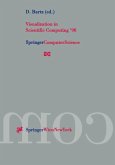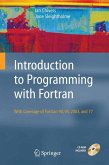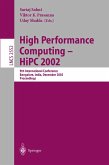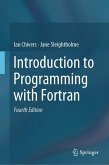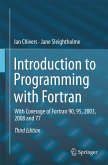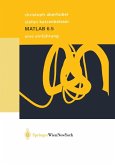This easy-to-read textbook/reference presents an essential guide to object-oriented C++ programming for scientific computing. With a practical focus on learning by example, the theory is supported by numerous exercises. Features of both the C++ language and standard libraries are highlighted via the development of classes of vectors and matrices, allowing demonstration of key concepts. The text then explains how these classes can be adapted for parallel computing, before demonstrating how a flexible, extensible library can be written for the numerical solution of differential equations.
Topics and features:
- Provides a specific focus on the application of C++ to scientific computing, including parallel computing using MPI
- Stresses the importance ofa clear programming style to minimize the introduction of errors into code
- Presents a practical introduction to procedural programming in C++, covering variables, flow of control, input and output, pointers, functions, and reference variables
- Exhibits the efficacy of classes, highlighting the main features of object-orientation
- Examines more advanced C++ features, such as templates and exceptions
- Supplies useful tips and examples throughout the text, together with chapter-ending exercises, and code available to download from http://www.springer.com/978-1-4471-2735-2
This clearly written textbook is a "must-read" for programmers of all levels of expertise. Basic familiarity with concepts such as operations between vectors and matrices, and the Newton-Raphson method for finding the roots of non-linear equations, would be an advantage, but extensive knowledge of the underlying mathematics is not assumed.
Dieser Download kann aus rechtlichen Gründen nur mit Rechnungsadresse in A, B, BG, CY, CZ, D, DK, EW, E, FIN, F, GR, HR, H, IRL, I, LT, L, LR, M, NL, PL, P, R, S, SLO, SK ausgeliefert werden.

